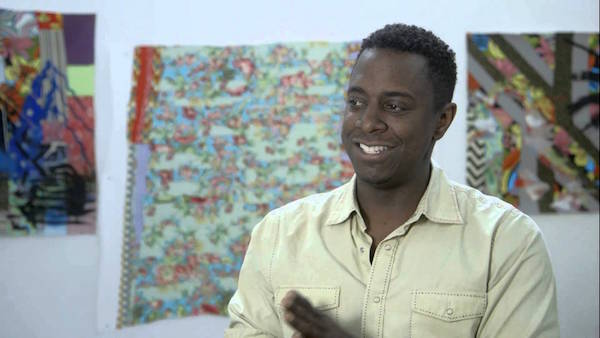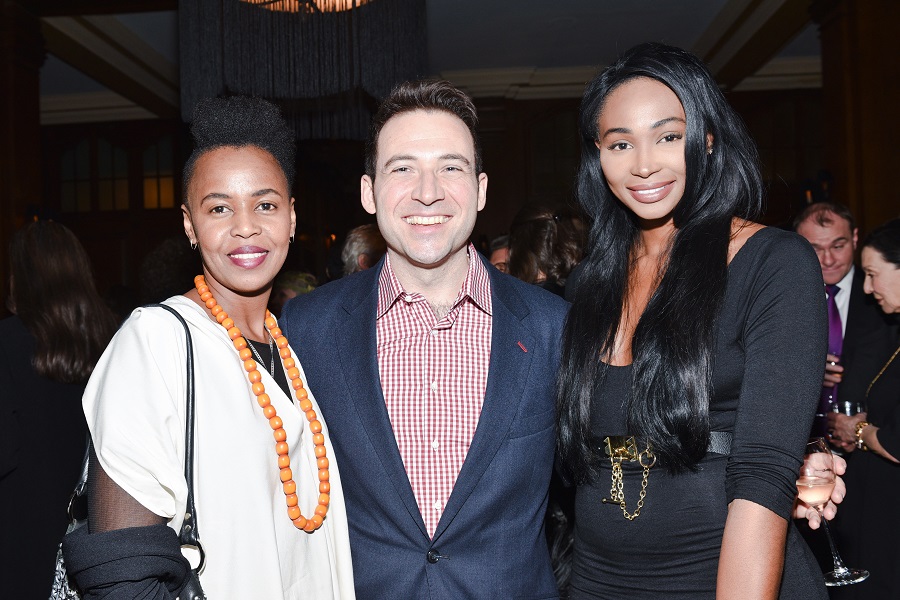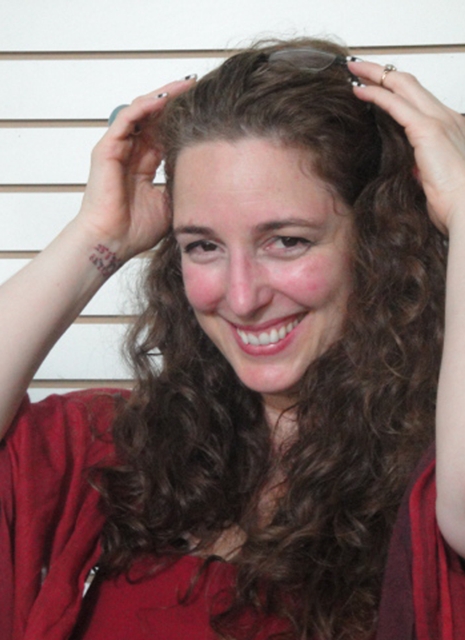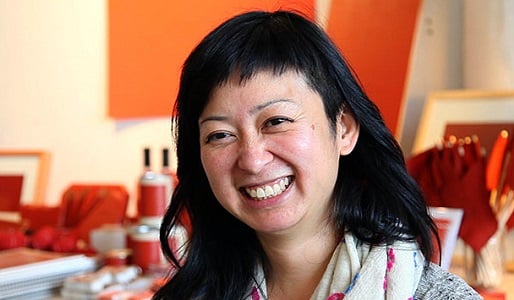Art World
12 Must-Read Tips for a Successful Career in the Art World
Life lessons courtesy of Dan Graham, Miranda July, Tania Bruguera, and Carol Bove among others.
Life lessons courtesy of Dan Graham, Miranda July, Tania Bruguera, and Carol Bove among others.
Lorena Muñoz-Alonso

Life as an aspiring artist is an endless sea of precarious arrangements, commercial demands, and cutthroat competitiveness. How to cope?
Phaidon has come to the rescue with Akademie X: Lessons in Art + Life, a fantastic compilation of advice for struggling creative types from top artists (and role models), including Marina Abramović (see Are You Ready for a Marina Abramović Memoir?), Dara Birnbaum, Ólafur Elíasson, Joan Jonas, Miranda July, Neo Rauch, and Richard Wentworth. (See 10 Tips for Promoting Yourself (and Your Art) on Instagram.)
artnet News has trawled the book to distill the most useful pearls of wisdom, so you can hit the ground running.

Sanford Biggers
Photo via: Youtube
– “If you want a normal life, get a normal job.” Sanford Biggers lays down the law, short and sweet.
– “WORST: 1.) The emphasis, since the 1980’s, on making art as a specialist professional ‘career’ rather than as a passionate experiment. 2.) The obsession with the artist as a future ‘art star.’ 3.) The obsession with making an academic rationale for art, a good example being the overuse of the world ‘problematize.’ 4.) Teaching only the contemporary art that is found in the magazines in the library.” Dan Graham on everything that’s wrong with MFA programs (see The Met’s Roof Opens for Summer With Mirrored Dan Graham Pavilion).

Katharina Grosse
Photo via: Wikimedia
– “It’s important for young artists to be clear about what they want. When thinking about what galleries they want to work with they need to consider whether they want financial success, comfort and support, or eventual fame. I look for dealers who challenge me. I had my first gallery representation when I was 35.” Katharina Grosse on keeping calm and focused.
– “Creating a non-purposive, free space in which to play and have fun is essential. You can tell when you are looking at art that was a drag to make: it’s a drag to look at.” Carol Bove on keeping things clever yet playful.
– “There aren’t too many do’s and don’ts in my classes, but at the same time art is not exempt from moral responsibility. Don’t do anything that is illegal or that can hurt someone. Don’t use your art to exploit or as a tool to advance racism, homophobia or sexism.” Charles Gaines recaps some very basic ethic rules.
– “Your life right now is as real as it will ever be. It won’t be more real in the future, when you get into or out of college or into or out of a relationship or a job or a financial quagmire or a health problem. In fact, the things keeping you back—these embarrassing, boring, stupid obstacles—are the heart of what it is to be human. They’re the whole reason for making and needing art.” Miranda July, on embracing life as it is (see Lena Dunham and Miranda July Talk Taboos and Miranda July Releases a Messaging App With a Message).

Wangechi Mutu, Mario Lazzaroni, Nana Meriwether
Photo: Sean Zanni/Patrick McMullan
– “I think that art can be made with virtually anything, so I don’t believe you have to be in a particular kind of economy, cultural context, or a unique space, or have specific items available with which to make art. People who are creative can make art wherever they are.” Wangechi Mutu, on why you should stop looking for excuses not to make art (see An Interview with Artist Wangechi Mutu: A Fantastic Journey and Wangechi Mutu-Designed Clothing Line for Victoria Beckham Helps Fight African AIDS Crisis).
– “As an alternative to the tedious embracement of ‘failure’ in the studio, I say instead, ‘just lie.’ Work towards the ideal or towards misunderstood success. But for god’s sake, do not work to fail.” Michelle Grabner, who doesn’t take advice from Samuel Beckett.
– “If you are having a hard time getting the creative juices churning, try starting with what you know. […] Don’t feel that you have to reinvent the wheel; be patient and hopefully something will come out. If you are on a deadline, try not to indulge your insecurities; get the job done, and wait until the reviews come in before facing the self-fulfilling prophecy that you are indeed a fraud.” Michael Smith, on not being one’s worst enemy.

Tania Bruguera
Photo via Artes Mundi
– “Deciding to be a research artist isn’t a tendency or a fashion; it’s not a curatorial strategy to display things in a space, but a way to see your responsibility in the practice of art and your role as an artist in society.” Tania Bruguera on keeping things committed and socially engaged (see Tania Bruguera’s Arrest Slows the US–Cuba Thaw, Cuban Government Brands Tania Bruguera a Criminal and Why Is the Havana Biennial Afraid of Tania Bruguera and is she the Cuban Ai Wei Wei?).
– “If I could go back in time and speak to my twenty-three-year-old-self, my advice would be threefold: travel further and more often to see what art actually looks like, figuring out sooner which ideas are currently convincing, which have become passé; spend more time making stuff, less time thinking about it; and do a better job of networking, staying in touch with people who show interest or friendship.” Life lessons courtesy of Thomas Lawson.

Stephanie Syjuco
Photo: Jan Stürmann
– Stop making ‘art’ and start making your work. […] It’s so easy to make things that look like art, act like art, get sold like art, yet in the end aren’t really art, but are phantoms, mere commodities, or quantifiable digestible sound bites.” Stephanie Syjuco, on staying clear of Zombie Formalism and finding one’s own path (see Have Art Fairs Destroyed Art? Zombie Abstraction and Dumb Painting Ruled in Miami).